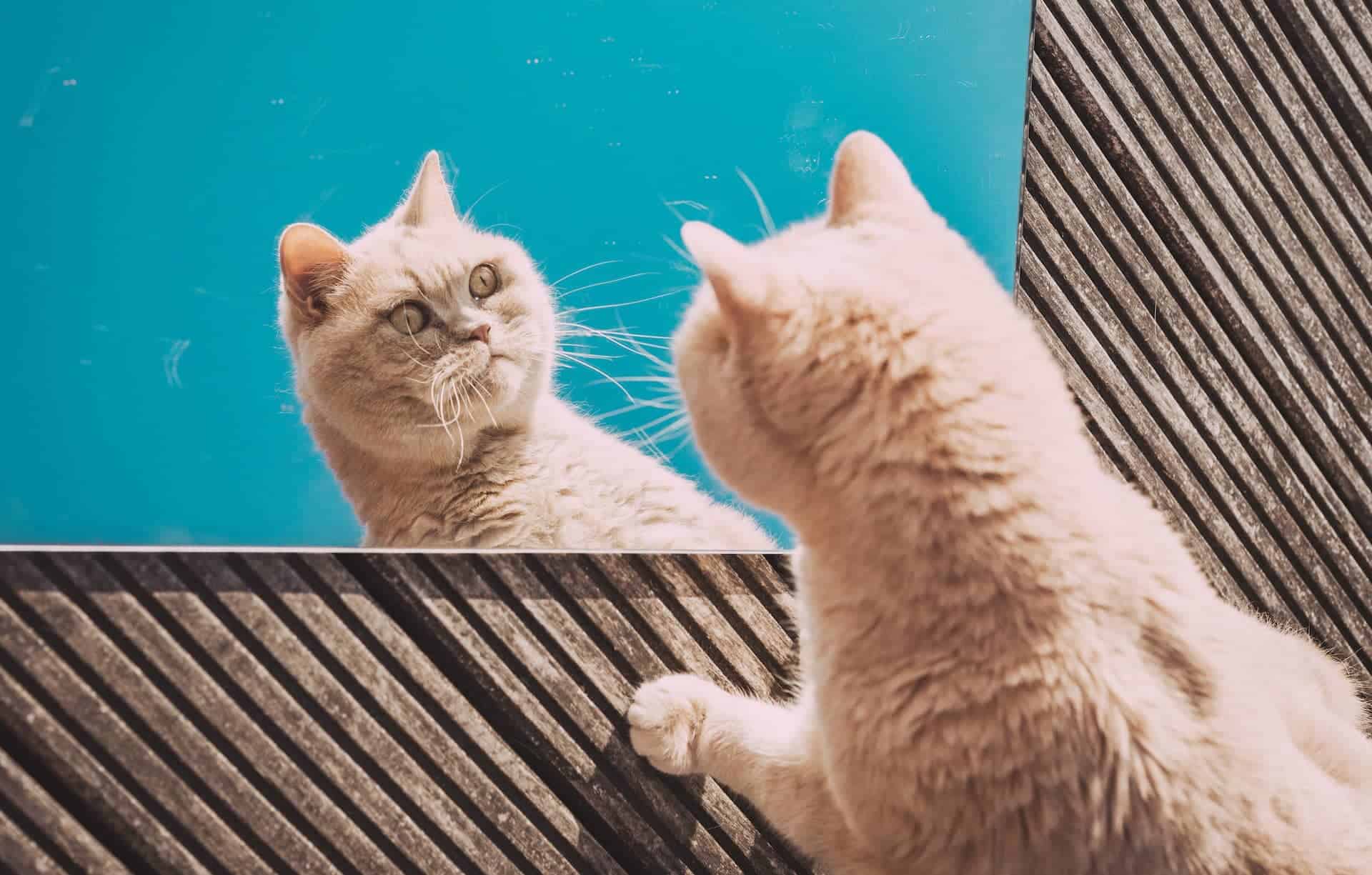Nationally, last year, there were almost 18,000 cat cruelty complaints reported to the RSPCA. Of those reports 1,726 were intentional harm incidents – which is around five a day. This is a 25 per cent increase from 2021 when the number was 1,387.
The charity has released the heartbreaking figures as part of its Cancel Out Cruelty campaign, in a bid to raise funds to help its frontline rescue teams continue to save animals from cruelty and abuse.
It comes during a busy time for the animal welfare charity which sees cruelty peak in the summer with three reports made every single minute.
The cost-of-living crisis is also thought to be a contributing factor to an increase in deliberate harm to animals at a time when the cost of rescuing animals is at an all-time high and the RSPCA’s vital services are stretched to the limit.
Dr Sam Gaines, head of the RSPCA’s companion animal department, said,
“Cats are one of the most popular pets in the UK with an estimated 11 million pet cats in UK homes but our figures suggest sadly they are the second most abused pet – after dogs.
“It is heart-breaking to think that five cats every day are suffering at the hands of humans – it really is appalling – but sadly the RSPCA knows all too well that this cruelty is carried out on a regular basis.
“We see hundreds of felines come through our doors every year who have been subjected to unimaginable cruelty – being beaten, burned, thrown around, had bones broken, been shot at, poisoned and drowned.
“In many cases these pets have been injured deliberately by their owners – the very people who are supposed to love and protect them. But cats are also more vulnerable as they tend to be out and about on their own which can leave them vulnerable to airgun attacks and other forms of cruelty by complete strangers.”
Paul Williams, chief inspector for Hampshire, said,
“Right now, animal cruelty is happening in England and Wales on a massive scale and rising. It is heartbreaking that we are seeing such sad figures which show animal cruelty is, very sadly, on the rise.
“While we don’t know for certain why there has been an increase, the cost of living crisis and the post-pandemic world we live in has created an animal welfare crisis.
“Each year, these reports reach its terrible annual peak in the summer months. The cost-of-living crisis also means the cost of rescuing animals is at an all-time high and our vital services are stretched to the limit.”
“Together, we believe we can and will cancel out cruelty to animals by replacing violence with kindness. We are urging people to donate to our Cancel Out Cruelty campaign,every donation will help animals.”
It is not known why reports of animal cruelty peak in the summer months although factors like animal abuse being more visible as people are outdoors more, could be one factor.
Support the RSPCA
The RSPCA is the only charity rescuing animals and investigating cruelty in England and Wales with a team of frontline rescue officers, specialist vet teams and a network of animal care centres and 140 branches providing rehabilitation to animal victims.
As the only charity in England and Wales investigating cruelty and rescuing animals, the RSPCA needs support to stay out on the frontline:
- £2 could help to provide a meal for a cat or dog in our care
- £6 could help pay to feed a dog for a day in our care
- £10 could help pay towards bandages for a cat or dog
- £15 could help pay for a cat or dog’s clinical exam
- £20 could help pay towards a bird catching kit
- £30 could help pay for a life jacket for an inspector
- £100 could help pay towards water rescue equipment
- £500 could kit out a 4×4 inspector van
The RSPCA’s frontline teams are working hard to rescue animals in need this summer but we can’t do it alone – we need your help to Cancel Out Cruelty. To help support the RSPCA, visit: www.rspca.org.uk/cruelty
News shared by Rachel on behalf of RSPCA. Ed
Image: eduard delputte under CC BY 2.0





